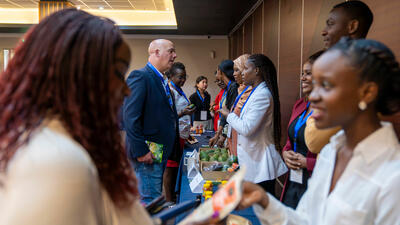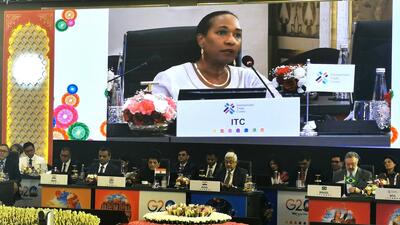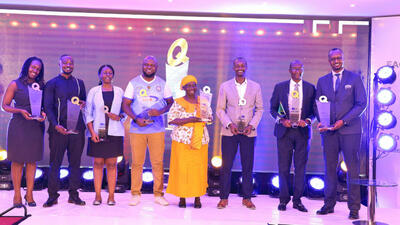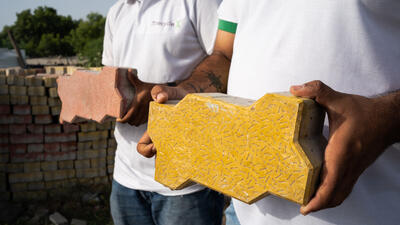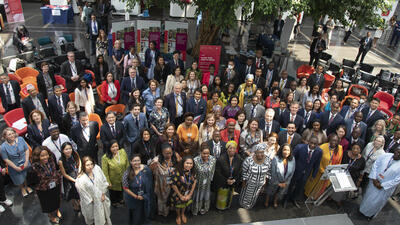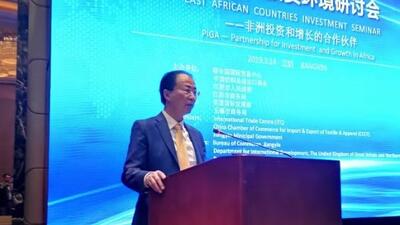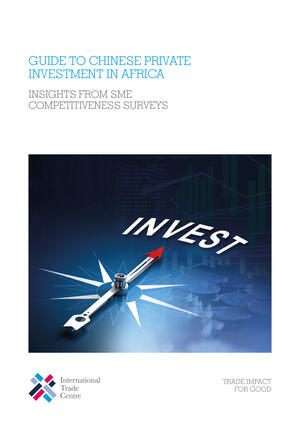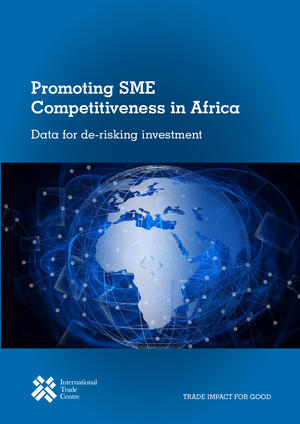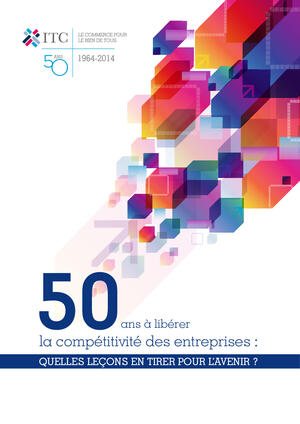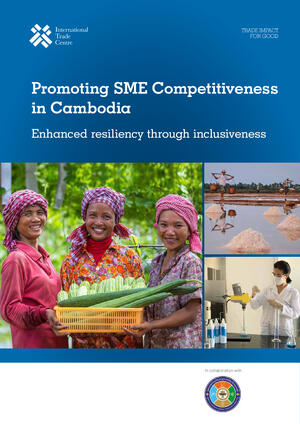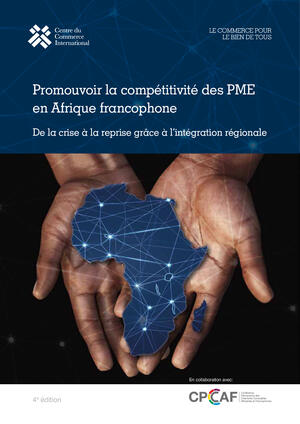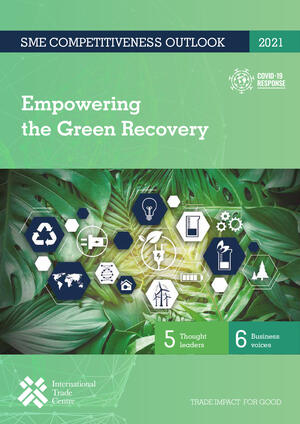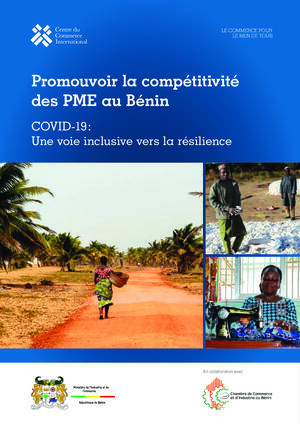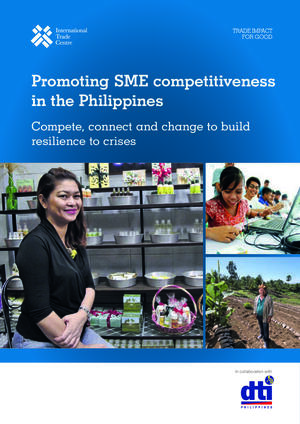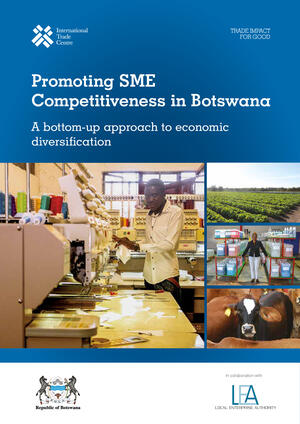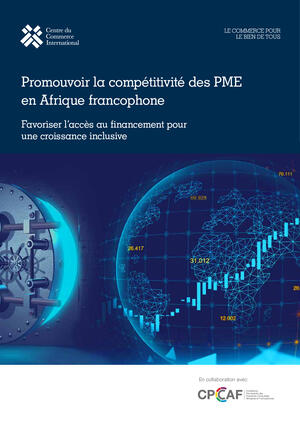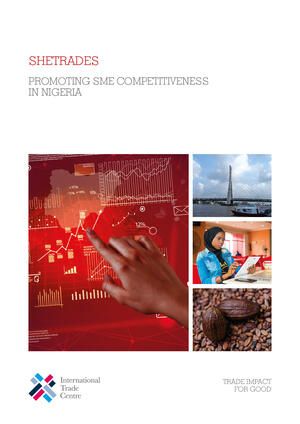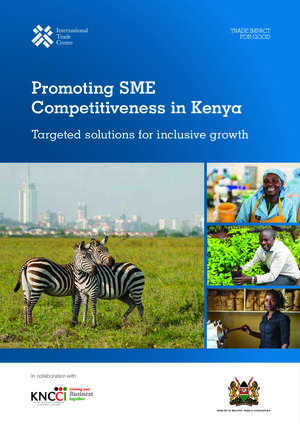Libérer la compétitivité des PME grâce à la technologie, avec un accent sur la jeunesse (anglais)
(Kigali) Participants in the opening plenary of the World Export Development Forum (WEDF) explored how the internationalization of small and medium-sized enterprises (SMEs) can lead to a wider distribution of wealth and contribute to the alleviation of poverty. More than 800 delegates from 73 countries attended.
Kicking off the session, ‘Unlocking SME competitiveness for diversification’, François Kanimba, Rwandan Minister of Trade and Industry, pointed out that Rwanda’s SME base has grown as a result of the creation of a productive business environment and increased access to capital.
‘Through embracing ICT [information and communications technology], the Rwanda Development Board has managed to increase their support to SMEs by providing a range of efficient ICT-based services,’ Kanimba said. ‘A computerized online system enables businesses to register in about six hours regardless of where they are.’
The Minister added that many SMEs had moved to become formal enterprises as a result of this improvement, and over the last six years, this e-registration system has led to a 30% annual increase in the number of registered businesses.
The audience also heard from Ashish Thakkar, Founder and Managing Director of Mara Group, who emphasized that the focus on assistance to young entrepreneurs and SMEs should be to ‘enable, empower and inspire’. He added that young African entrepreneurs do not often have role models and mentors in their local environment or in their families, with their parents typically having had careers as civil servants or having been farmers.
Mr. Thakkar introduced the Mara Mentor initiative, an African multilingual online portal and mobile application for youth mentorship and entrepreneurship. Mara Mentor is designed to enable entrepreneurs to build their networks and receive the guidance that they need at the early stages of their businesses’ development.
‘Let’s take Africa to Silicon Valley, instead of taking Silicon Valley to Africa,’ Thakkar said.
During the session moderated by Peter Ndoro, presenter of the South African Broadcasting Corporation, the audience heard from Helen Hai, Chief Executive Officer of the Made in China Initiative, who highlighted that many African countries, such as Ethiopia, offer cost advantages with monthly salaries at only 10% of the salaries in China, resulting in a reduction of high transaction costs related to transport and exports.
The Made in China Initiative is working with Chinese firms, policymakers and the business community to capture Africa’s window of opportunity to industrialize.
‘It is my hope that we will see young people in Africa benefit from the changes underway in the next 20 years,’ Hai said.
Read the full summary of the first plenary session: Unlocking SME Competitiveness for Diversification.
WEDF is organized by the International Trade Centre, the only United Nations organization with an exclusive focus on assisting SMEs. The event is hosted by the Rwanda Development Board.




